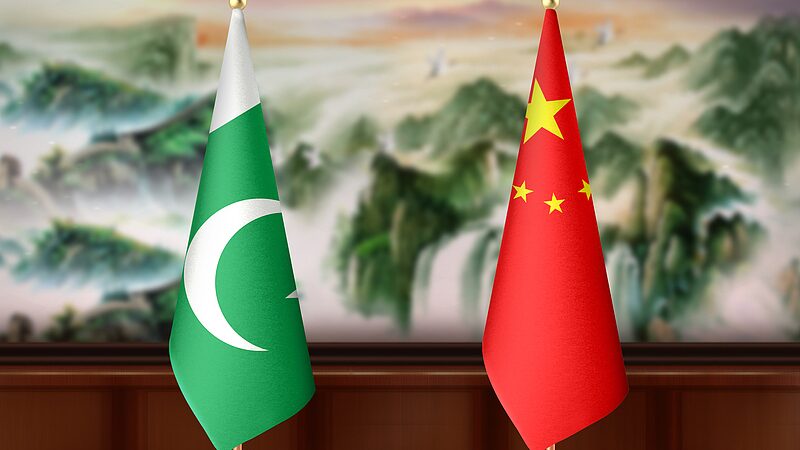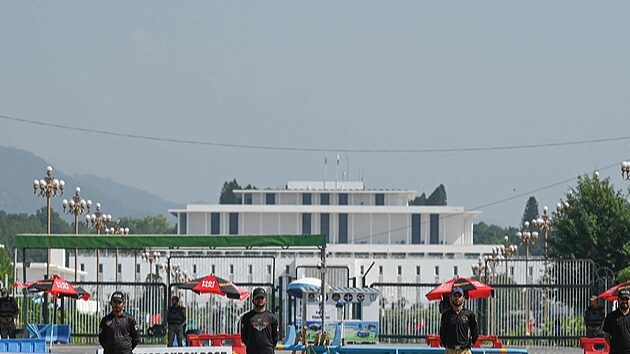Ahsan Iqbal, Pakistan's Minister for Planning, Development and Special Initiatives, has hailed the China-Pakistan Economic Corridor (CPEC) as a testament to the enduring friendship and shared vision between Pakistan and China.
Speaking at a ceremony in Islamabad on Wednesday to celebrate the forthcoming Chinese New Year and to recognize the contributions of 30 outstanding Chinese staff working on CPEC projects in Pakistan, Iqbal emphasized the importance of the partnership. He stated that CPEC represents a roadmap for sustainable development, mutual growth, and prosperity, not only for the two nations but for the entire region.
\"From energy generation and infrastructure development to logistics and technology, your efforts have been crucial in overcoming challenges and ensuring the successful completion of numerous landmark initiatives,\" Iqbal praised the dedication, technical expertise, and relentless hard work of the Chinese staff.
Launched in 2013, CPEC is a flagship project of the Belt and Road Initiative, connecting Gwadar Port in Pakistan with Kashgar in northwest China's Xinjiang Uygur Autonomous Region. While the first phase focused on energy, transport, and industrial cooperation, the second phase expands into areas like agriculture and livelihoods.
Discussing the second phase, Iqbal noted that it will unlock immense opportunities, modernize agriculture, digitize industries, drive economic diversification, create millions of jobs, and enhance Pakistan's global competitiveness.
Chinese Ambassador to Pakistan, Jiang Zaidong, also addressed the gathering, expressing confidence in Pakistan's economic growth under the government's leadership and with the collective efforts of its people. \"The cooperation and partnership between China and Pakistan will continue to progress steadily, fostering lasting development,\" he remarked.
The event featured vibrant traditional dances by both Chinese and Pakistani performers, showcasing the rich cultural heritage of the two nations. The audience showed keen interest in the performances and expressed gratitude to China for its pivotal role in strengthening Pakistan-China relations.
A special recognition segment was held during the ceremony to honor the best-performing Chinese companies involved in CPEC projects. Certificates of excellence and souvenirs were presented to acknowledge their outstanding contributions.
Reference(s):
CPEC symbolizes Pakistan-China friendship, shared vision: minister
cgtn.com








